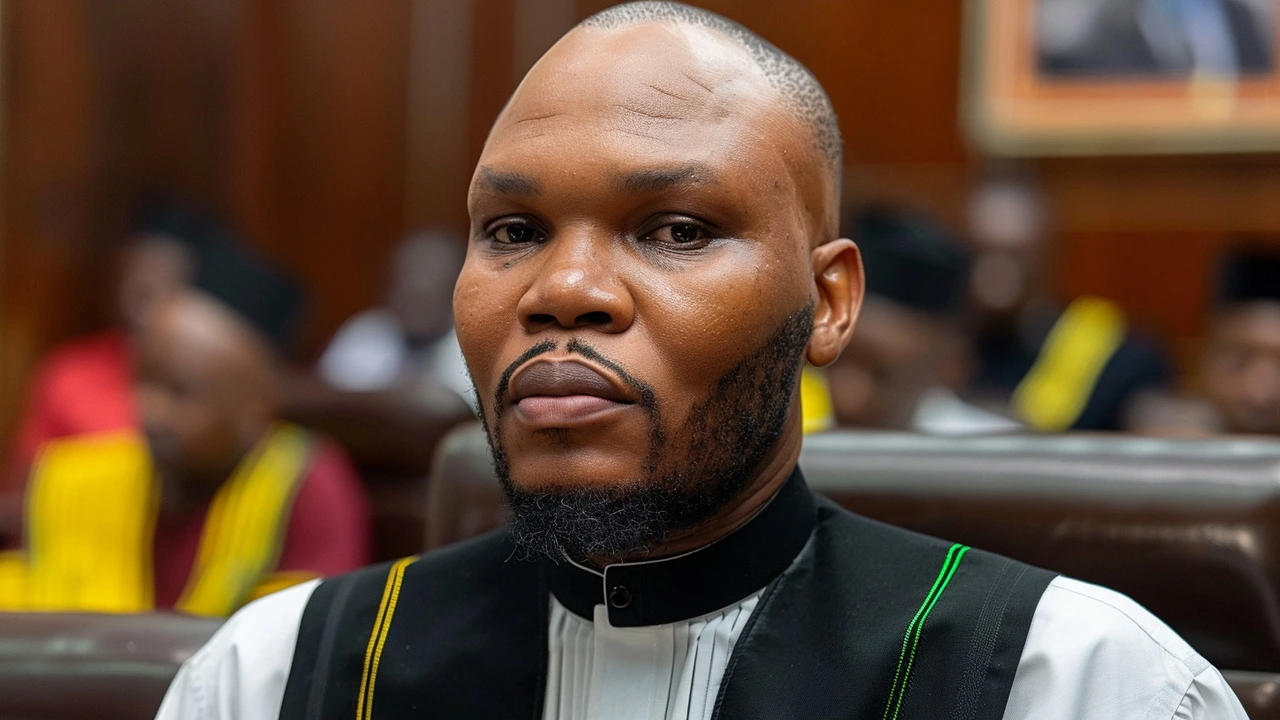Terrorism Charges in South Africa: What You Need to Know
Terrorism charges aren't just a headline grabber—they have serious legal and social consequences. In South Africa, these charges are governed by strict laws that aim to protect the nation while balancing justice. Understanding what qualifies as terrorism under South African law is key if you want to grasp how authorities handle these cases.
In general, terrorism involves actions that cause severe harm or fear in order to push a political, religious, or ideological agenda. South African law specifically targets acts that threaten the safety of people, disrupt public order, or damage property with an intent to intimidate the public or government.
Recognizing the Legal Framework
South Africa's Prevention of Terrorism Act outlines what behaviors can trigger terrorism charges. It covers planning, preparing, or committing acts that could endanger lives or destabilize peace. This isn’t a vague definition; it requires proof that the accused intended to incite fear and harm. Legal processes here aim to uphold fairness while firmly addressing threats.
Over the years, some cases have made headlines where individuals or groups faced terrorism charges due to participation in violent activities or plotting against government institutions. These cases highlight the careful balance between security and human rights, showing how thorough investigations must be to avoid wrongful accusations.
The Impact on Communities and Security
Terrorism charges affect not just the accused but the wider community. They often lead to increased security measures and can shift public perception and trust towards certain groups or causes. Authorities need to communicate clearly to maintain public confidence while avoiding unnecessary panic.
For South Africans, staying informed on this topic means knowing what behaviors cross the line and what legal protections exist. It also means supporting efforts that build peace rather than deepen divisions. With these charges, it’s crucial to focus on facts and justice to keep society safe and fair.
Whether you’re reading news on current events or trying to understand the law better, knowing the ins and outs of terrorism charges in South Africa is essential. It helps separate fear from fact and ensures that discussions on security issues remain grounded and clear.

Nnamdi Kanu's Legal Team Rejects ADR for Terrorism Charges, Stirring Controversy
In a recent court hearing, Nnamdi Kanu's legal team, led by Aloy Ejimakor, rejected alternative dispute resolution options for his terrorism charges. The Nigerian government's counsel, Adegboyega Awomolo, confirmed that no discussions for an out-of-court settlement had taken place. Justice Binta Nyako emphasized that it was up to the defense to approach the Attorney General if they wished to initiate such a process.